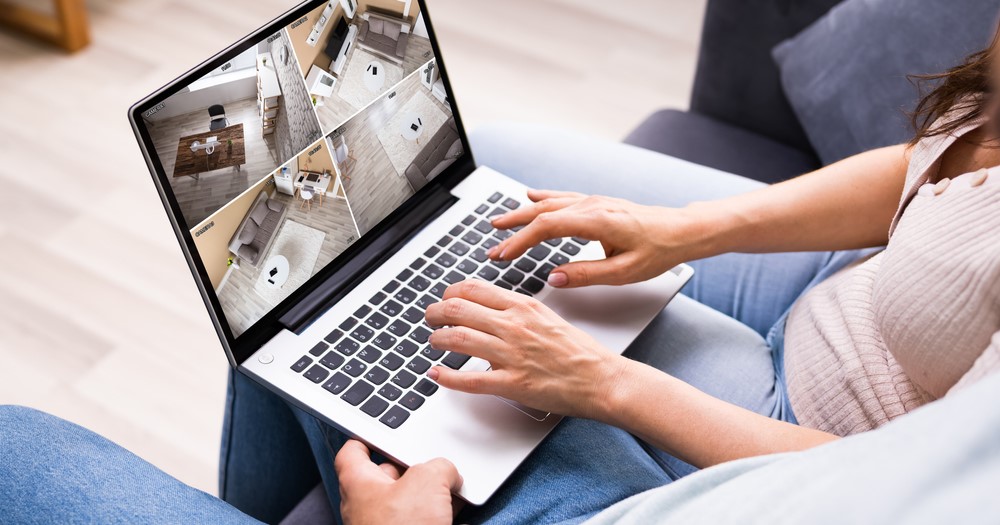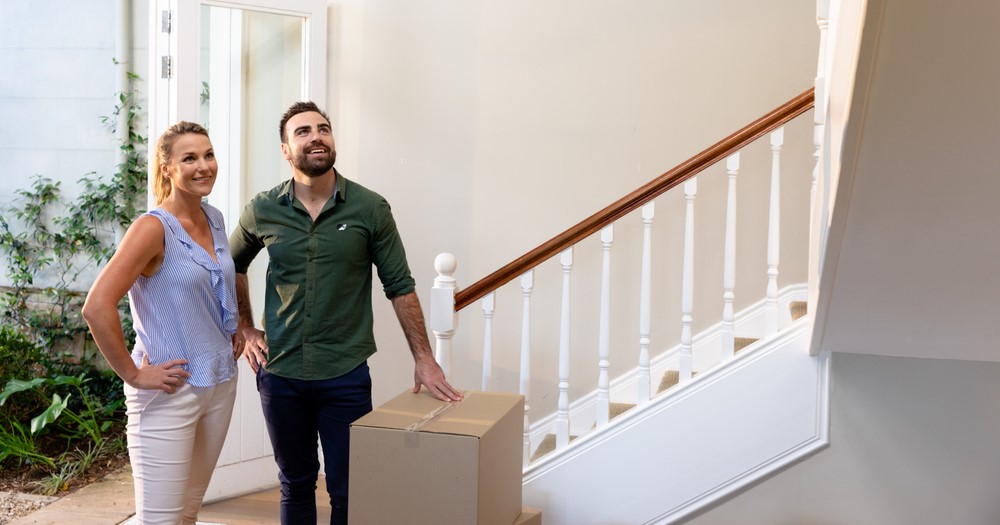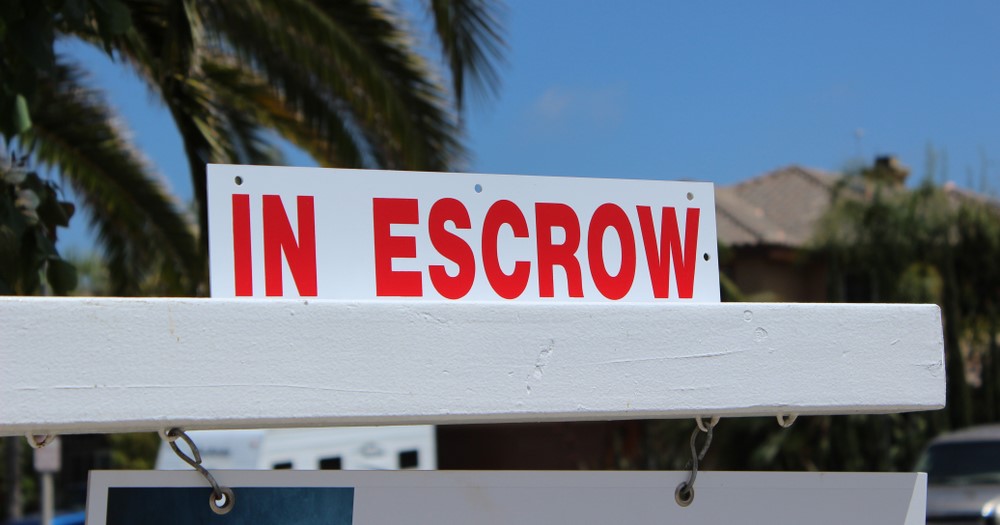
Buying your first home is considered one of the biggest milestones — in life as well as finances. It’s a big commitment, and there’s a good chance this will be the largest purchase you’ve made to date. As you prepare, here are the steps to follow as you purchase your first home.

First, you should determine if you are ready to buy a home. Homeownership is a lot more expensive than renting since you are responsible for added costs like home repairs, utility costs, garbage pickup, water, and electricity.
You also need to pay for taxes and insurance related to your home. These costs add up quickly, and if you are not financially prepared, you may end up in a bad position.
Consider getting out of debt (or at least reducing your debt) and saving up an emergency fund before you purchase your first home. Look for ways to reduce high-interest credit card debt before purchasing a home. While you may be under pressure to buy a home from friends or family, it might make sense financially to wait until you are truly ready.

Most people need a loan to make a home purchase. In many cases, it makes sense to get pre-approves for a mortgage before you begin shopping for a home. Your pre-approval can provide you with an idea of how much you can afford. If you want more options, consider using a Mortgage Broker.
A Mortgage Broker has access to several different loan companies and programs. This can help you find the best rates.

Once you have determined how much you can really spend and are pre-approved for a mortgage, look for a good real estate agent. Your real estate agent should listen to your wants and needs carefully.
They may make recommendations or explain the market to help you find a home that suits your needs and that you can afford. Once you make an offer, your real estate agent should work to negotiate terms hat you are happy with. They can also guide you through the paperwork and the process needed to successfully close.

Once you’ve found the home for you, make sure to get a through home inspection. This is different from an appraisal. You should pay for the home inspection.
The home inspector will look for hidden problems with the home before you purchase it. Through the home inspection, you can learn about any issues that may prevent you from buying that home. This may include mold, termites, foundation problems, or a roof that needs to be replaced. The inspection can save you thousands in repairs later on. Additionally, you may be able to negotiate a lower price you know the home needs major repairs.
Consider an independent home inspection, separate from the one the homeowners had done. In many cases, the results of a home inspection can be grounds for pulling out of a deal without losing your earnest money.

Once you have bid on your home and the offer is accepted, you will go into escrow. The escrow holder will work to make sure that all the documents, money and other necessary information are properly prepared before you close.
Escrow is set up to protect the buyer, the seller, and the lender. It can take time to complete escrow, depending on a number of factors. It’s not uncommon for a closing date to be three to five weeks in the future.

When the closing date arrives, you show up and sign the final papers. The escrow agent will release the funds to all appropriate parties. Once you have closed on our home, it is time to move in. You can paint, unpack and enjoy your new home.
Be sure that you change your address with your bank, and other accounts. You can set up your utilities and cancel your old ones as well. This will save you time and money because you will avoid late fees. Some companies will waive installation fees if you transfer your old account to your new address.